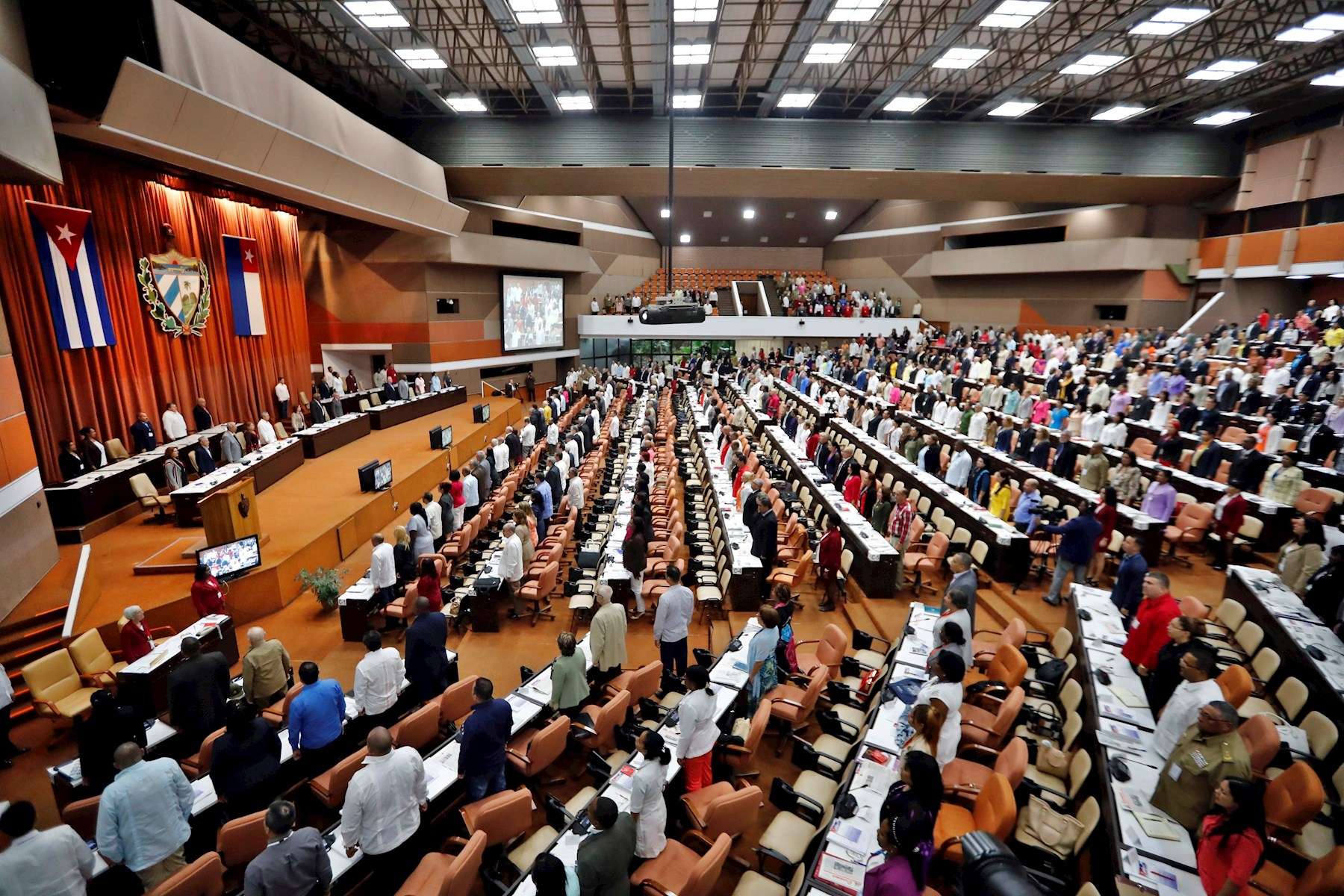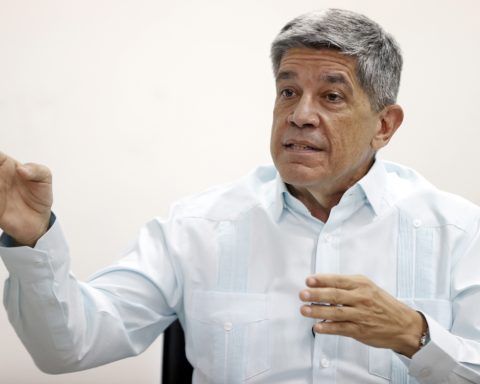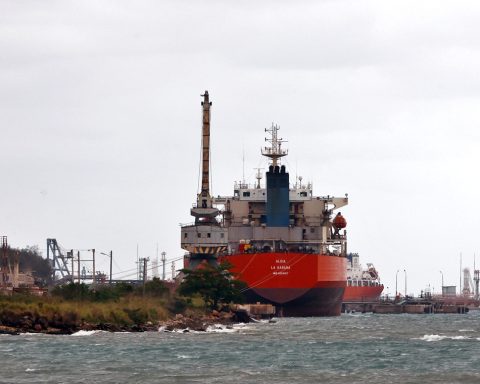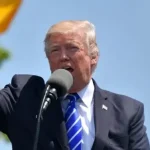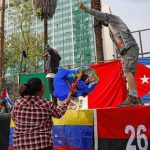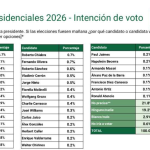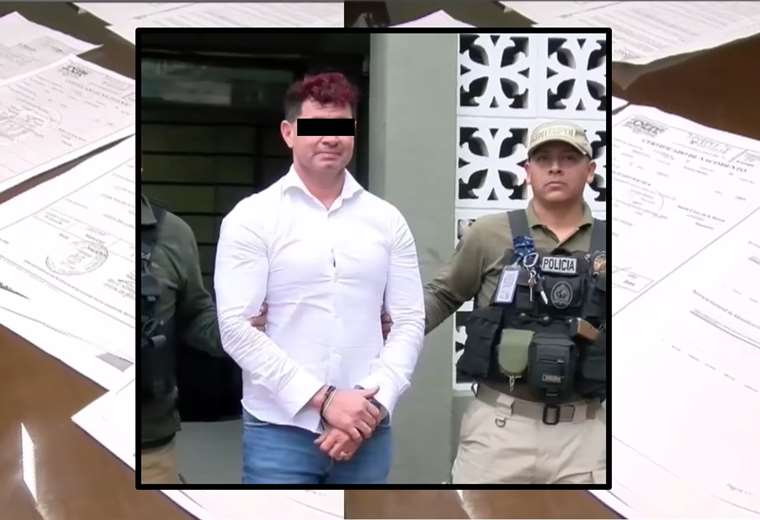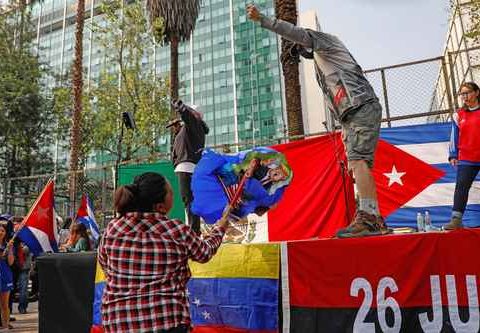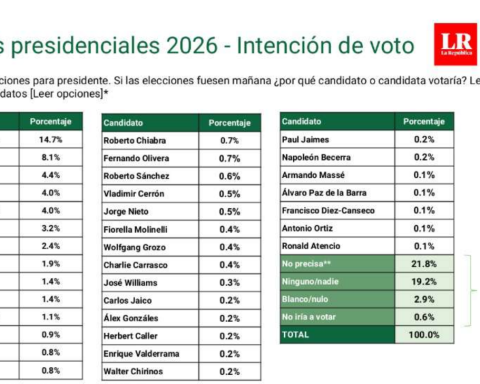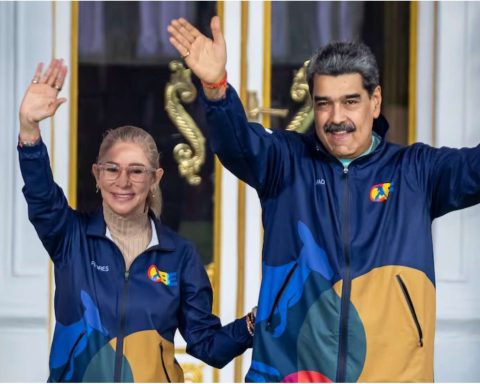The National Assembly of Popular Power will submit for discussion on May 25 the Social Communication Law projectas part of the agenda in the second extraordinary session of this X Legislature.
Between January 18 and 27, 2023, the deputies studied the proposal in territorial meetings, before its presentation to the Assembly.
The Communications Law should have been approved before the end of the year, but the Council of State asked to delay it due to its “complexity” and since the multiple changes that were introduced had not been fully transferred to parliamentarians.
OPINIONS ON COMMUNICATION, PURSUANT TO THE PROPOSED LAW, PUBLISHED IN OnCuba:
|
The change in mentality does not consist in admitting the role of the market and non-state agents in the economy, in taking charge of the new social actors, as modernization theory would do; but in looking at society in its complexity of highly differentiated and unequal social groups, colors, genders, territories. And in placing oneself in the face of dissent, within a political consensus that is already another, fundamentally heterogeneous and contradictory, as a natural ingredient of a different ajiaco, in which diverse social and cultural factors come together. Within this new consensus is the questioning of the media system. The questioning has become a consensus structurally speaking, since it has become part of the premises of the debate above and below. Rafael Hernández, director of Temas magazine and columnist for OnCuba. |
|
Among the positive aspects, it outlines the rights of communication professionals and provides more tools to those who wish to overcome the obstacles that bureaucracy usually places on the media’s own function of becoming agents rather than accountability. In addition, it poses to the media the obligation to comply with ethical guidelines that have been violated on occasions, such as respect for the presumption of innocence of an accused. In addition, it requires them to answer for bad journalistic treatment that affects the privacy or integrity of a person. In the field of organizational communication, it is commendable that the legal instrument proposes as an obligation for organizations to respond to the media and make their management transparent to the public. Another great advance is the recognition of forms of financing beyond the state budget, such as “advertising, sponsorship, donations and national and international cooperation”. Hopefully it will have a direct impact on an improvement in the conditions of our media, a fairer payment to its professionals and, in general, higher quality content. Regarding the deficiencies, the fundamental one is located among the main pending discussions of the Cuban communication system: the lack of explicit delimitation between state, public and partisan media, which makes it difficult for citizens to demand each one. On the other hand, although the rights of communication professionals are outlined, as I said, it is not clear which are the instances to which they can appeal in case they are violated. Furthermore, these rights are insufficient. For example, it is said at the beginning that the media and their professionals perform their functions in an environment of creative freedom, but the right not to have their work not censored without an objective reason or linked to ethics or journalistic quality standards is not reflected. . Keep reading Rubén Padrón Garriga, graduate of Social Communication from the University of Havana, university professor and master’s degree in Social Development. |
|
First of all, I highlight the novelty. Never before had an attempt been made to regulate through legislation in Cuba everything related to communication, including the structure, organization and management of the written, radio and television press and digital media; in addition to legislatively developing the right to freedom of the press, as provided in article 55 of the Constitution of the Republic. Second, and as a consequence of the foregoing, the enormous extension of the scope of regulation: nothing less than “the processes of social communication in the organizational, media and community spheres, for political, public good, organizational and commercial purposes, both in the physical and digital public spaces. In addition, “the freedom of the press recognized in the Constitution and the principles of organization and operation for all the means of social communication in the country.” It is quite a challenge that will require major changes, not only in the regulatory sphere, but especially in the cultural sphere, in which age-old authoritarian traditions and deep-rooted bureaucratic practices survive. Third, the tremendous relevance of the rights that are regulated: nothing less than the right to information and freedom of the press (the latter so important that Marx wrote that “without freedom of the press, all other freedoms are illusory” and Rosa Luxemburg left for posterity that “without freedom of the press, without freedom of expression and assembly, without the free struggle of opinions, the life of all public institutions is extinguished, it becomes a caricature in which only the bureaucracy remains as the only active element ”. Keep reading Dr. in Legal Sciences, Professor of Law at the Universidad de Oriente |
The Parlament advertisement that other issues will be discussed during the session, such as the update on the country’s economic situation and the proposal for the Legislative Schedule of the X Legislature.
In addition, on this occasion the constitution of the permanent work commissions of the National Assembly of People’s Power, and of the Parliamentary Friendship Groups of the legislature on the island will take place.
Rubén Padrón Garriga: “Propaganda acts as the perfect shield to not be held accountable”
On April 19, the X Legislature of Parliament was constituted at the Havana Convention Center, made up of the 470 deputies elected on March 26 in the national elections.
Right to communication and freedom of the press: notes on a Bill
